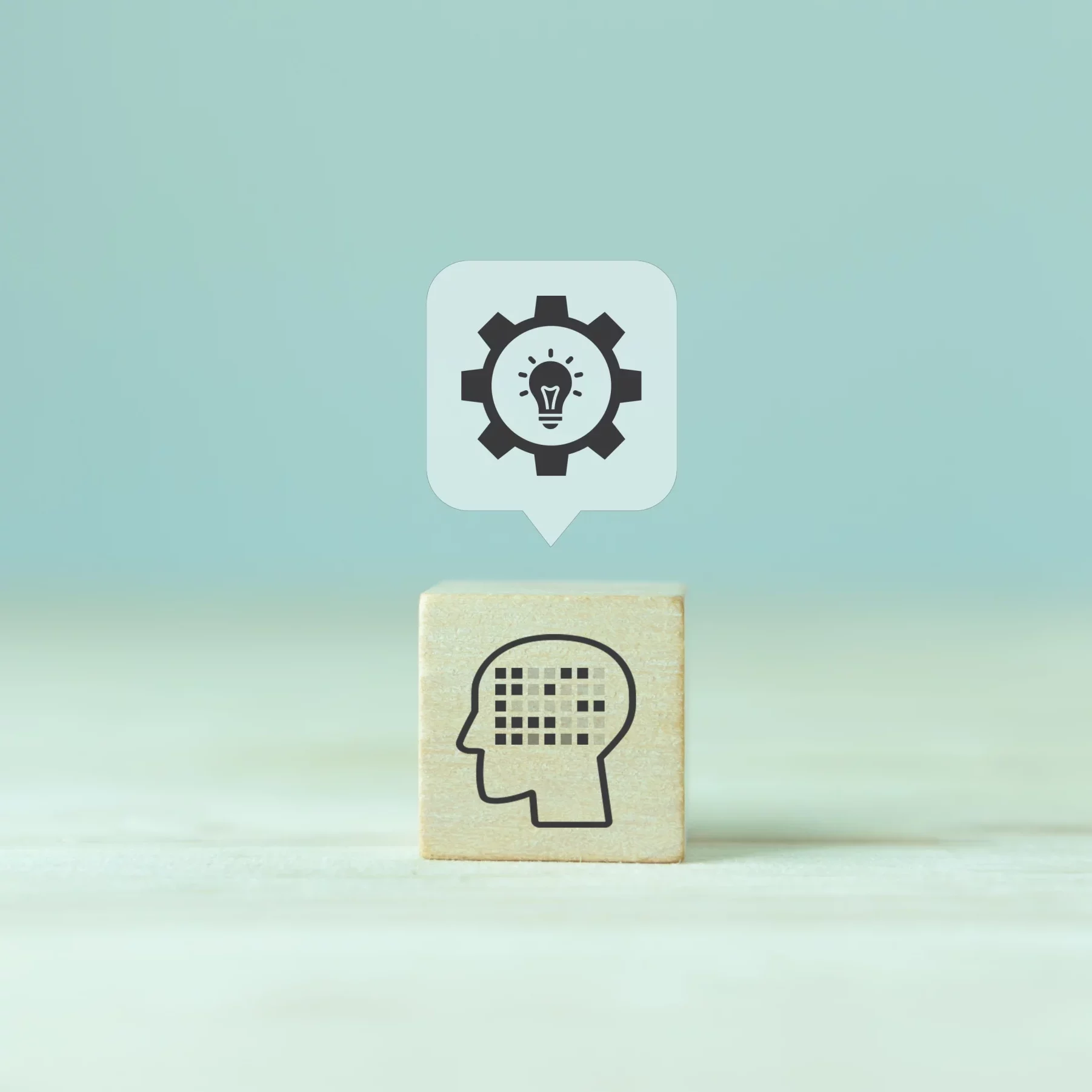Grant Program
Research
Grantee Name
Francis Saa-Dittoh
Grant Start Date
12 December 2022
Grant End Date
20 May 2024
Amount Funded
US$99,950
Country
Not Country-Specific
Region
Global
RESEARCH QUESTION
The question that is addressed in this research is: Can advanced AI methods (ML, NLP) be used to make the Internet more inclusive for communities in low-resource environments in the Global South such that local weather data combined with Internet-based global climate information become sharable beyond the Internet’s current boundaries and in people’s own language?
The project focus is (i) communications to and from people on highly relevant local domains, such as weather/climate information pertaining to farming in the Sahel, and (ii) delivering such information via automatically generated voice messages in a domain-focused speech vocabulary that is crowd-sourced from rural communities themselves. The aim is to produce a variety of limited-vocabulary ASRs as a basis for the development of useful (mobile and radio) voice-based information services that fit the needs, preferences and knowledge of local rural communities in northern Ghana.
WHY IS THIS RESEARCH IMPORTANT?
There is a digital divide in terms of digital information, not just between the Global North and the Global South but also internally in most developing countries. This divide is partially due to inequalities resulting from the initial methodologies that guided the development of the Internet. A decentralized Internet can tackle the major hurdles of the digital divide from a bottom-up approach by focusing on voice technologies, local under-resourced languages, and existing communication technologies.
This research tackles the issue of the digital divide by providing tools that build a decentralized, context-aware, community-centred but still global Internet; combine knowledge from communities, institutions, organizations and research to realize the aspects of the colonized Internet that can be circumvented by available or new technologies; and results in methodologies and systems that foster easier access to digital information in low-resource environments.
METHODOLOGY
The overall methodology of this research is Participatory Action Research (PAR). The key feature that sets PAR apart from other methodological approaches is that individuals and communities are conceived of as first-class partners in a co-creation approach.
Within the PAR paradigm, various kinds of Information Systems (IS) and Software Engineering (SE) components are designed and deployed, including Artificial Intelligence (AI) tools. The Design Science methodology for Information Systems and Software Engineering is followed to construct, test and evaluate ICT/IS artefacts in interaction with their real-world context.
Concerning data gathering, the project gathers audio recordings of brief utterances from community members from which data analysis is made by AI methodology for Automatic Speech Recognition (ASR) for low-resource environments. It also gathers local content data regarding a specific but important domain, weather and climate information as locally relevant for farming, to build up a limited vocabulary out of which locally useful farmer messages concerning weather and climate can be generated. This provides a basis to integrate Internet-based global climate information with local data and local ways of expressing weather information.
The quality, relevance and adequacy of such weather/climate information messages for communities are evaluated through interviews and community workshops with round-table conversations.

